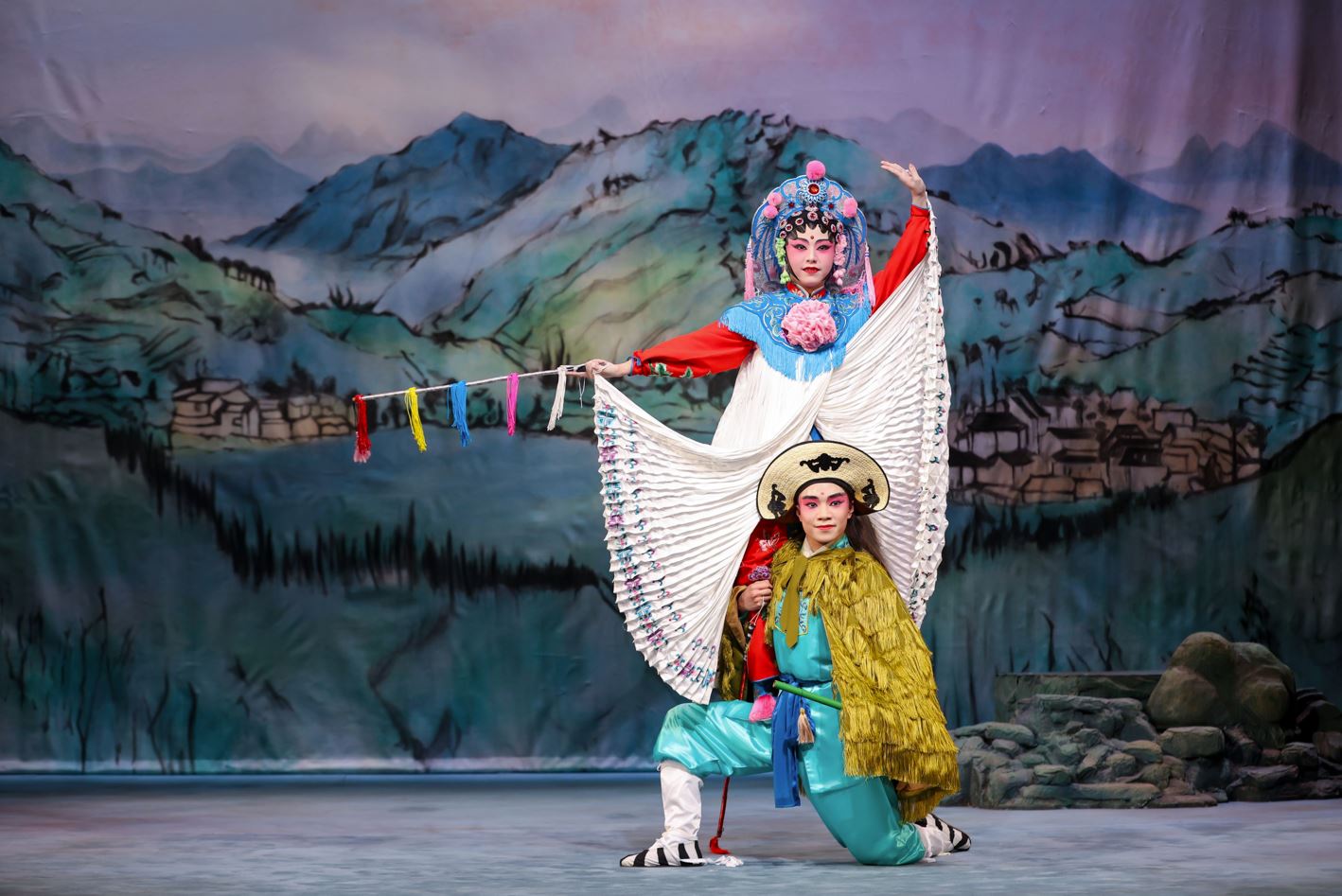
Almost anyone who has anything to do with Hong Kong’s performing arts and entertainment industries has ties with the Hong Kong Academy for Performing Arts (HKAPA). Founded in 1984, the institute has so far produced 10,942 graduates, many of whom have since turned into accomplished performers and creative professionals, employed both in Hong Kong and overseas.
The HKAPA’s six schools offer both undergraduate and postgraduate programs in Chinese opera, dance, drama, film and television, music, and theater and entertainment. “We are proud to say that the academy houses six performing-arts disciplines under one roof, providing students with many opportunities to learn from their peers as well as from other disciplines in order to enrich their experiences,” says HKAPA Director Gillian Choa.
The institute’s milestone anniversary program kicks off on Thursday, to be followed by a year of celebratory events. Highlights include the three-day HKAPA Performtech Symposium 2024: Staging the Future of Performing Arts, beginning Oct 15, and a concert series by the Chamber Music Society of Lincoln Center from New York, beginning Oct 23.
A musical, inspired by the classic Chinese novel Journey to the West, is due in May. “It is the first original musical involving all six of our schools, with over 200 staff members, alumni and current students collaborating on the project,” Choa says.
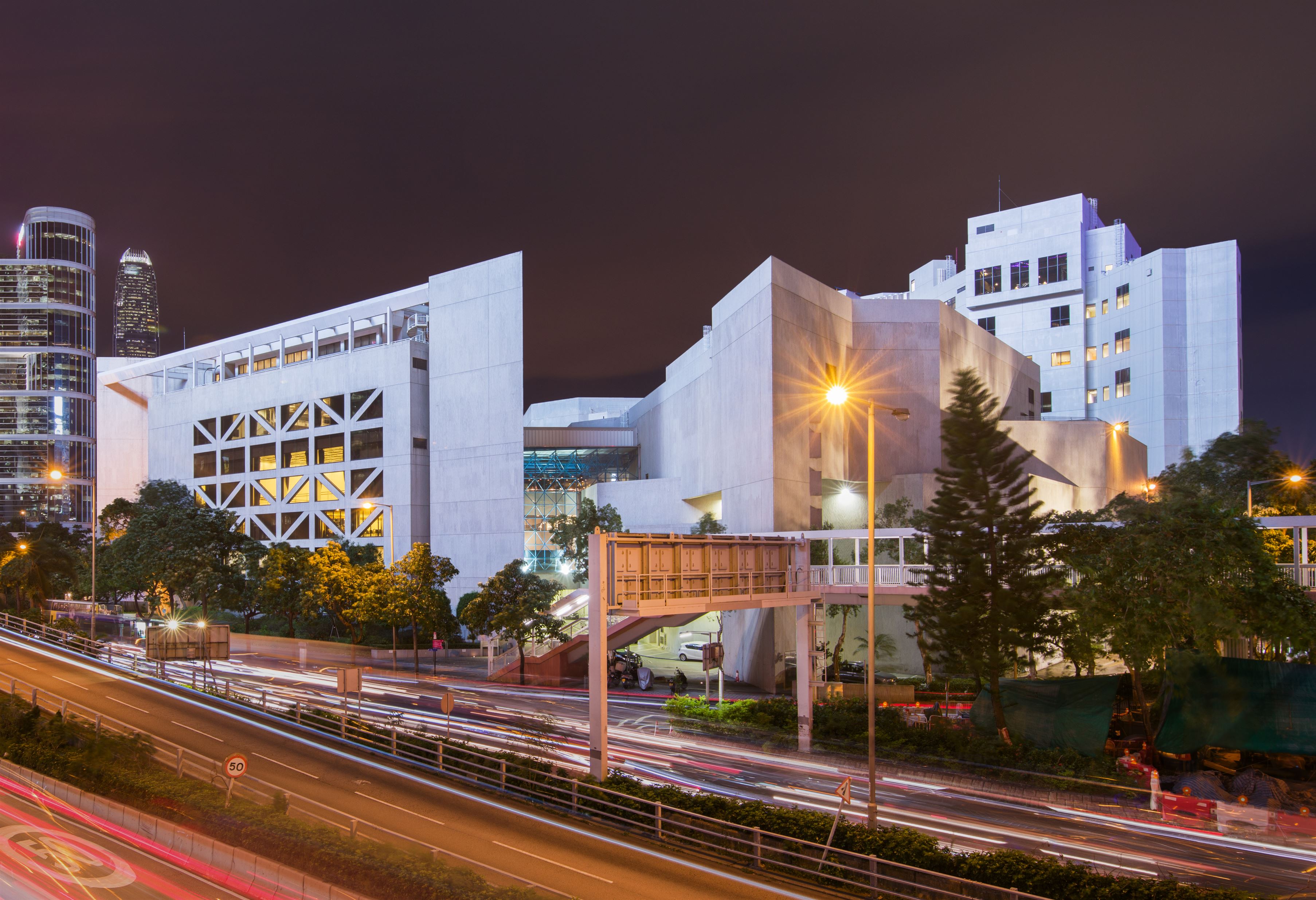
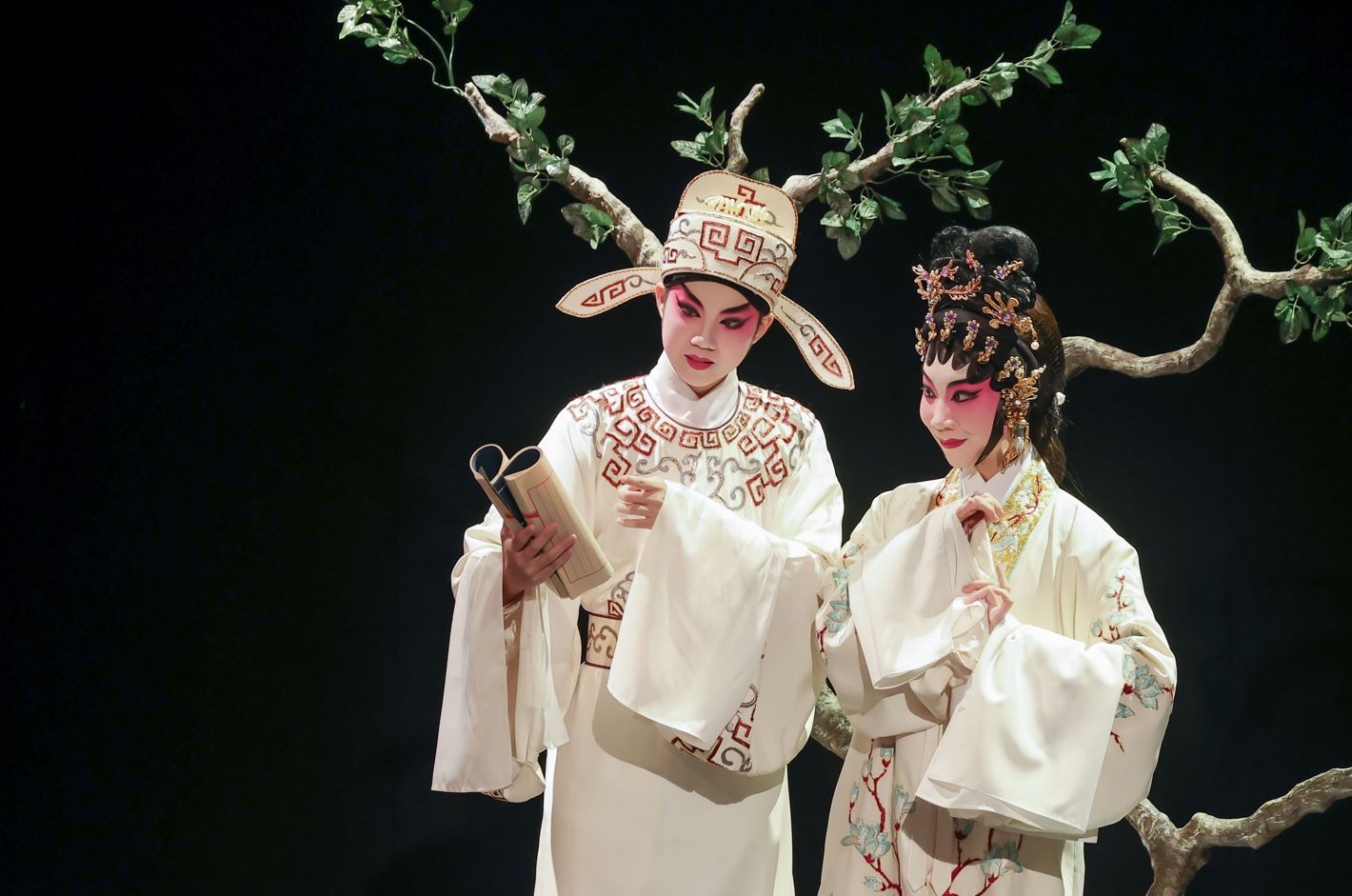
Industry connections
One of the HKAPA’s core strengths lies in the fact that its teachers are seasoned professionals themselves.
“All of our full- and part-time faculty members are experienced professional artists. Many continue to perform, choreograph or produce, maintaining strong connections with the industry,” says Anna Chan Chung-ying, dean of the HKAPA’s School of Dance. “This enables them to share the latest trends and insights from the global arts scene with the students, who can better appreciate the broader context of the art forms they are training in as a result.”
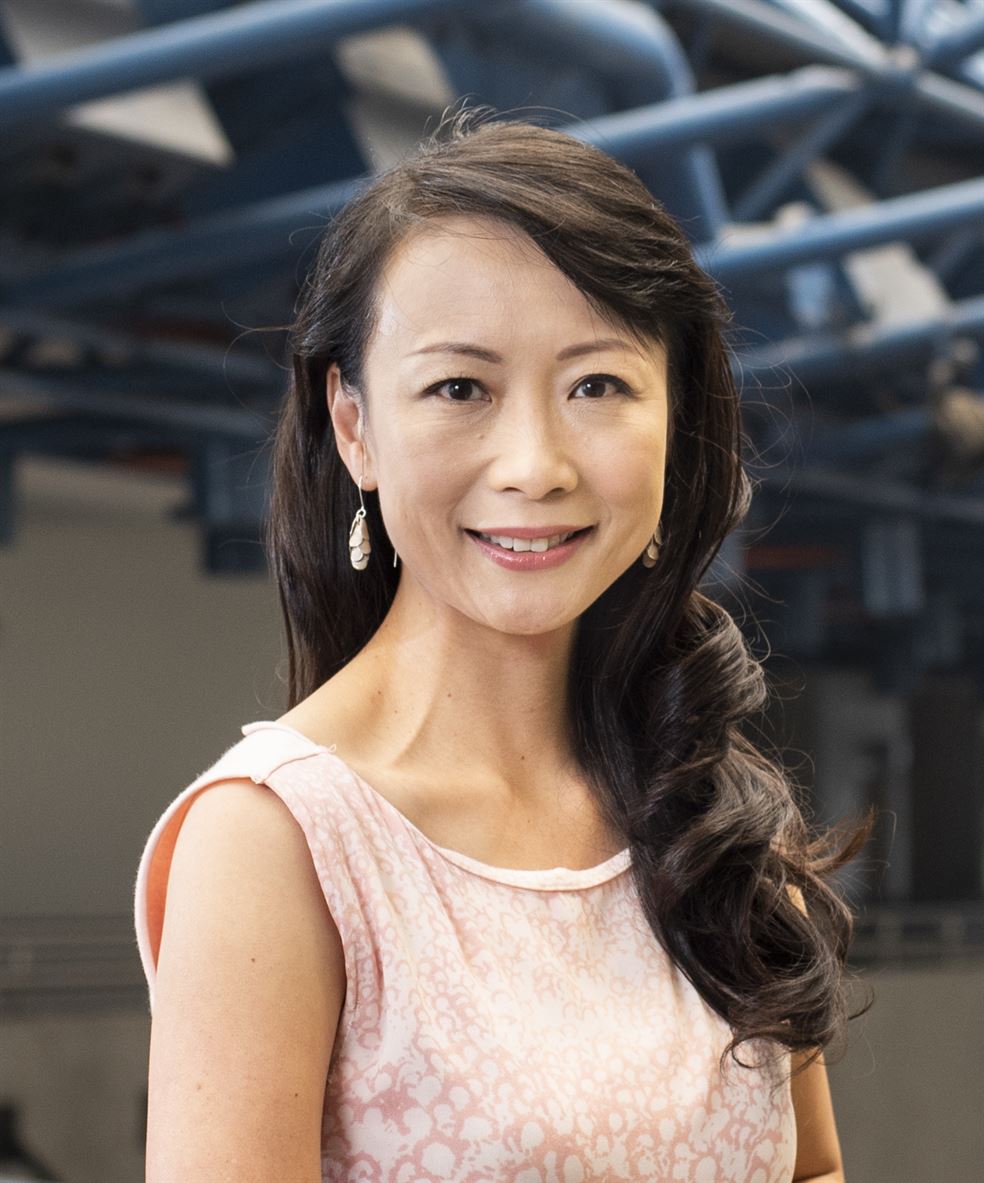
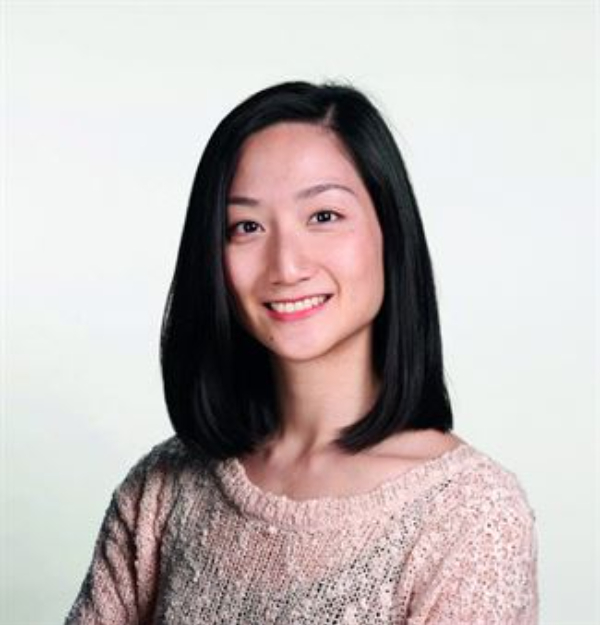
Unsurprisingly, many of the students continue to retain lasting ties with their alma mater long after they have left its precincts.
In 2014, two years after she graduated from the HKAPA’s School of Dance, Emily Pak was hired by the St Gallen Dance Company in Switzerland, where she has lived since. However, her bonds with her HKAPA teachers — former head of ballet Graeme Collins, current head of ballet Ou Lu, Rashna Homji-Jefferies, Stella Lau and Shen Sijia — have only grown stronger over the last decade.
ALSO READ: 6 actors, 3 directors, 4 versions, 1 classic play
“The HKAPA has given me enough tools to enter the professional world,” Pak says from her Swiss home, gratefully acknowledging the chance to train at the Bolshoi Ballet Academy in Moscow as an exchange student during her undergraduate days.
Since then, there has been no looking back. “I am building my career at a state-funded theater in Switzerland. I have participated in over 80 productions and transitioned into being the company’s rehearsal director. I couldn’t have asked for anything better,” she says.
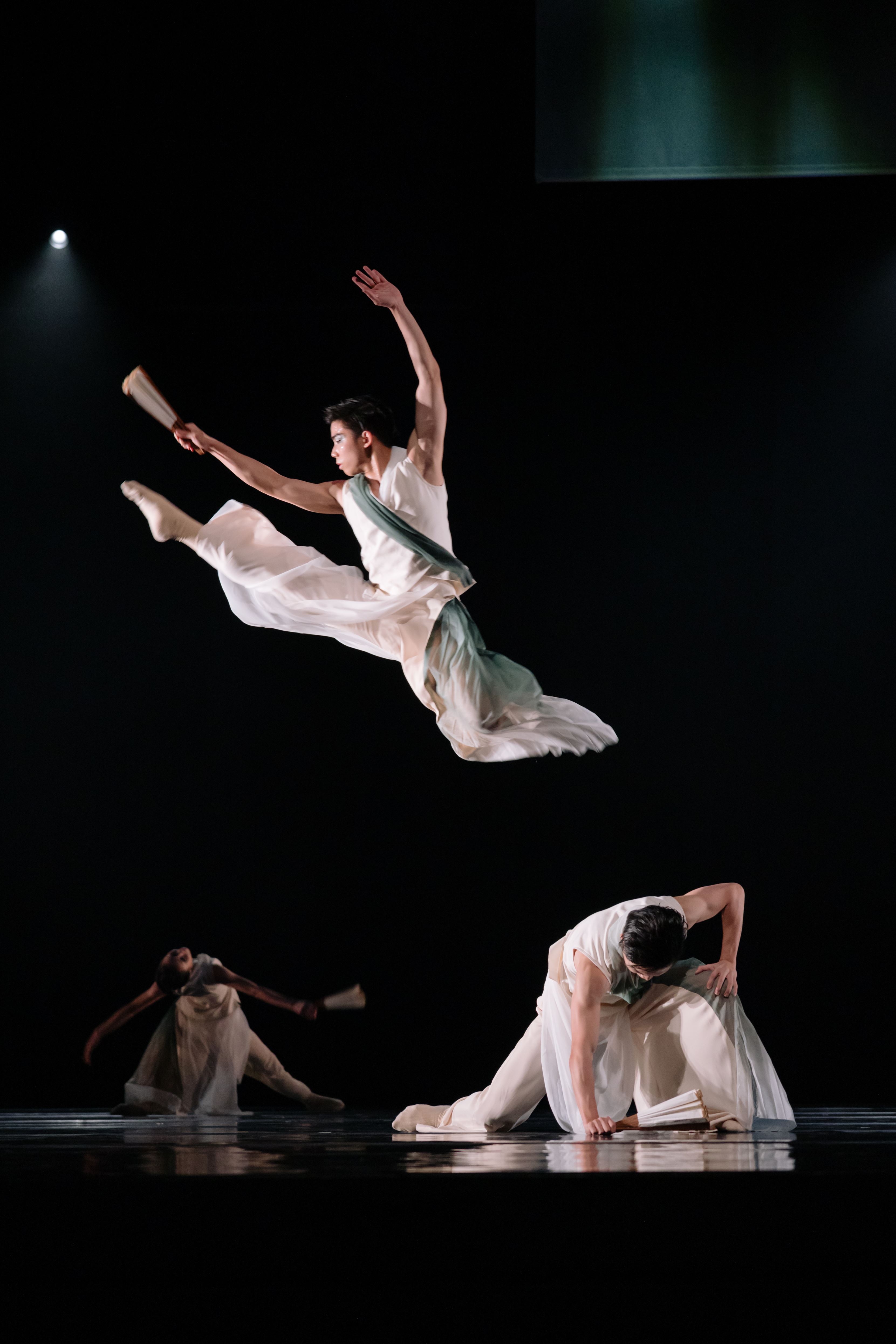
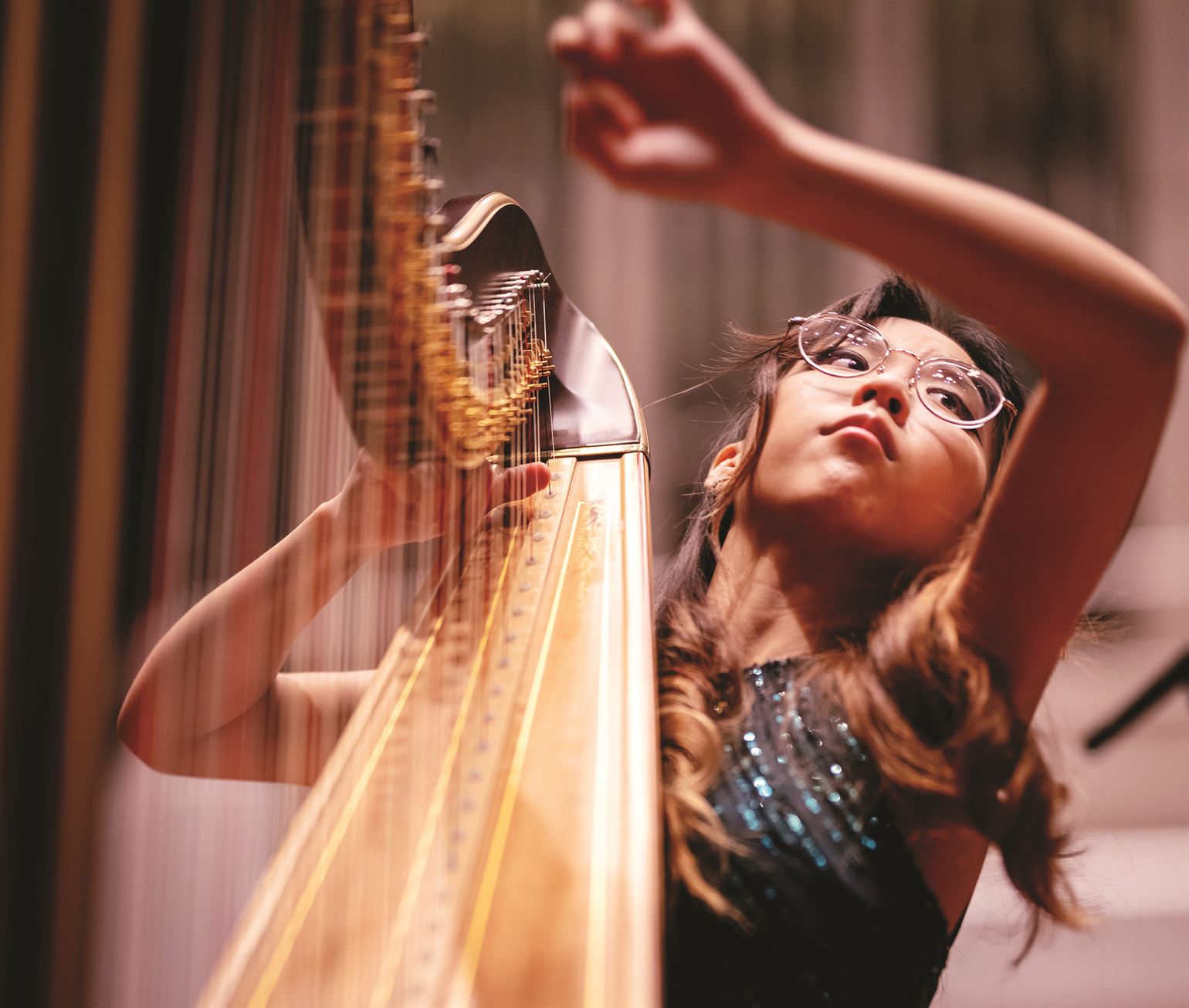
Asia’s finest
According to the QS World University Rankings 2024, the HKAPA has emerged as Asia’s No 1 in the performing-arts category for the sixth consecutive year. Chan says that several factors combine to make a winner: “Excellence in training and performance; innovation and creativity; interdisciplinary collaboration; and global reach and influence”.
Choa contends that the recognition is owed to the sustained efforts spent on the pursuit of “industry engagements, new technologies, and developing an international outlook”. The HKAPA actively collaborates with its counterparts and professional performers outside Hong Kong — the Royal Northern
College of Music in Manchester, and contemporary-dance group the Akram Khan Company in London, being just two of several illustrious examples.
“We offer our students rich and engaging learning experiences with a global vision. They have the opportunity to work alongside some of the best performing artists and creative professionals from around the world,” Choa says.
British scenographer Pamela Howard, who has been a visiting academic at the HKAPA’s School of Theatre and Entertainment Arts since the ’90s, calls her association with the institute “a long and happy one”. She recalls having helped some of the institute’s design graduates, with whom she had worked on academic projects, find professional assignments.
Howard, who serves as the international chair in drama at the Royal Welsh College of Music and Drama in Cardiff at present, is all praise for the high standard of work produced by HKAPA students. “I have always been impressed by their ability to understand the precise nature of theater creation and contribute to the process,” she says.
ALSO READ: Close to the madding crowd
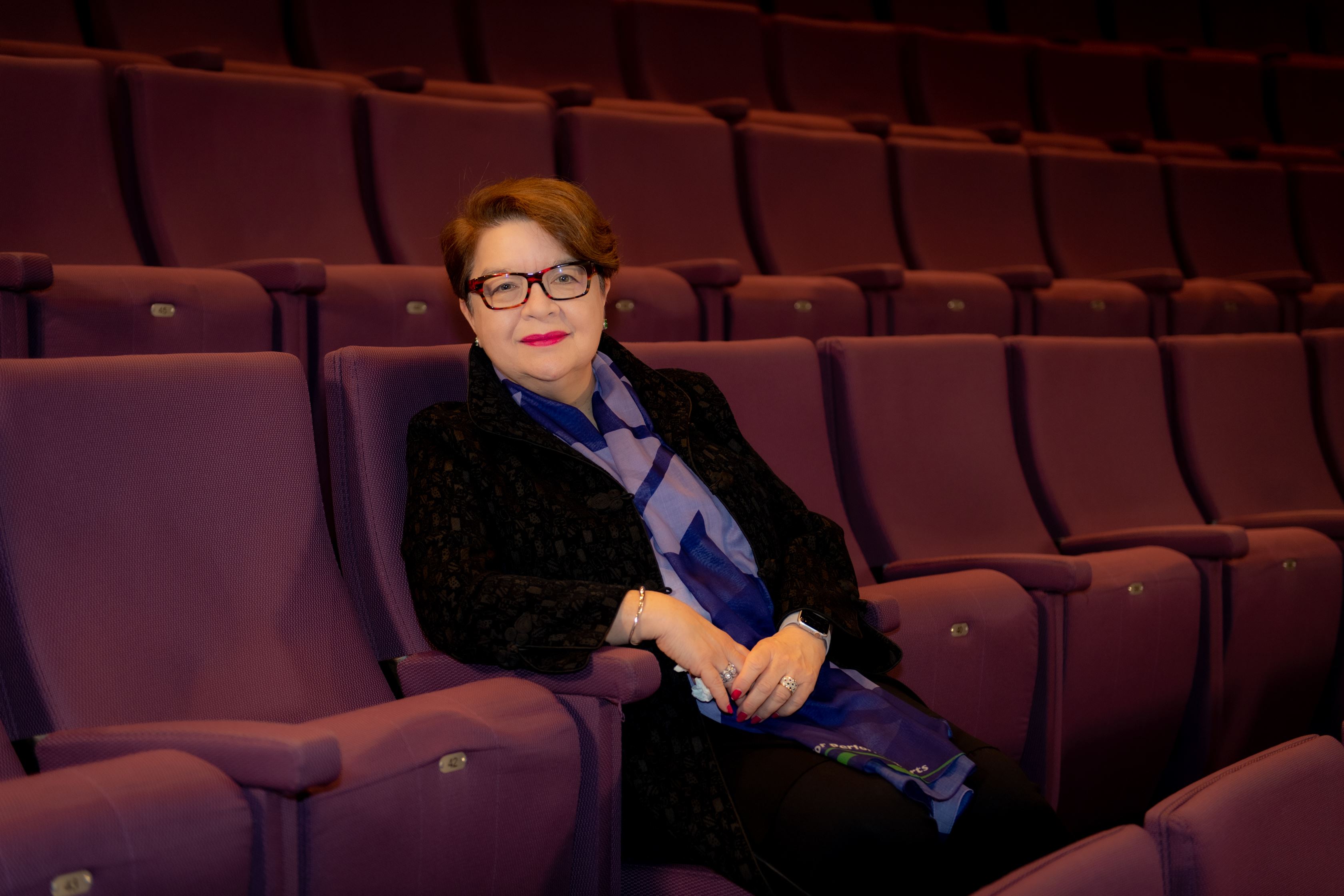
One of the reasons why HKAPA students are quick on the uptake when it comes to new, experimental techniques is that the institute has consistently encouraged out-of-the-box thinking. Acclaimed theater director Tang Shu-wing, who served as the dean of the HKAPA’s School of Drama in the mid-2000s, remembers introducing his now-trademark movement-oriented, stylized theater style to his students. It was a major departure from the naturalistic acting style recommended by the iconic Russian theater director and educator Konstantin Stanislavski (1863-1938) — a style that was more universally followed at the time. Tang says that his move “was an important response to a moment when human existence had got more complicated” than what Stanislavski might have experienced.
He hopes that the HKAPA will continue to expose its students to a newer and more diverse range of acting methods, thus enabling them “to attain a higher level of authenticity, effectiveness, and efficiency”.
Space to grow
Training in a creative discipline can make a significant difference to a student’s personal life. Chan remembers a student who had joined the first cohort of the HKAPA’s Gifted Young Dancer Programme students in 2004, when he was just 14.
His mother preferred to wait for him in the corridor as her son attended classes. After a year had passed, Chan let the mother know that her son had a better chance at coming into his own and functioning independently if the mother’s presence wasn’t so proxi- mate. Happily, the mother took Chan’s suggestion on board.
“Over the next three years, the student excelled and demonstrated great potential. More importantly, he transformed into a confident, cheerful, disciplined and responsible young man. And after graduating with a major in Chinese dance, he became an independent artist — a performer, choreographer, teacher, movement coach and an organizer,” Chan says.
The icing on the cake of this story is that its protagonist recently joined the HKAPA’s School of Drama as a full-time lecturer. Chan is thrilled to bits at this development. “Today, it fills me with pride to see him standing before me as a colleague. It’s a testament to the power of arts education,” she says.
If you go:
APA Performtech Symposium 2024
Dates: Oct 15-17
Lincoln Center Chamber Music Series
Dates: Oct 23, 25 and 26
Venue: Hong Kong Academy for Performing Arts, 1 gloucester Road, Wan Chai
www.hkapa.edu


